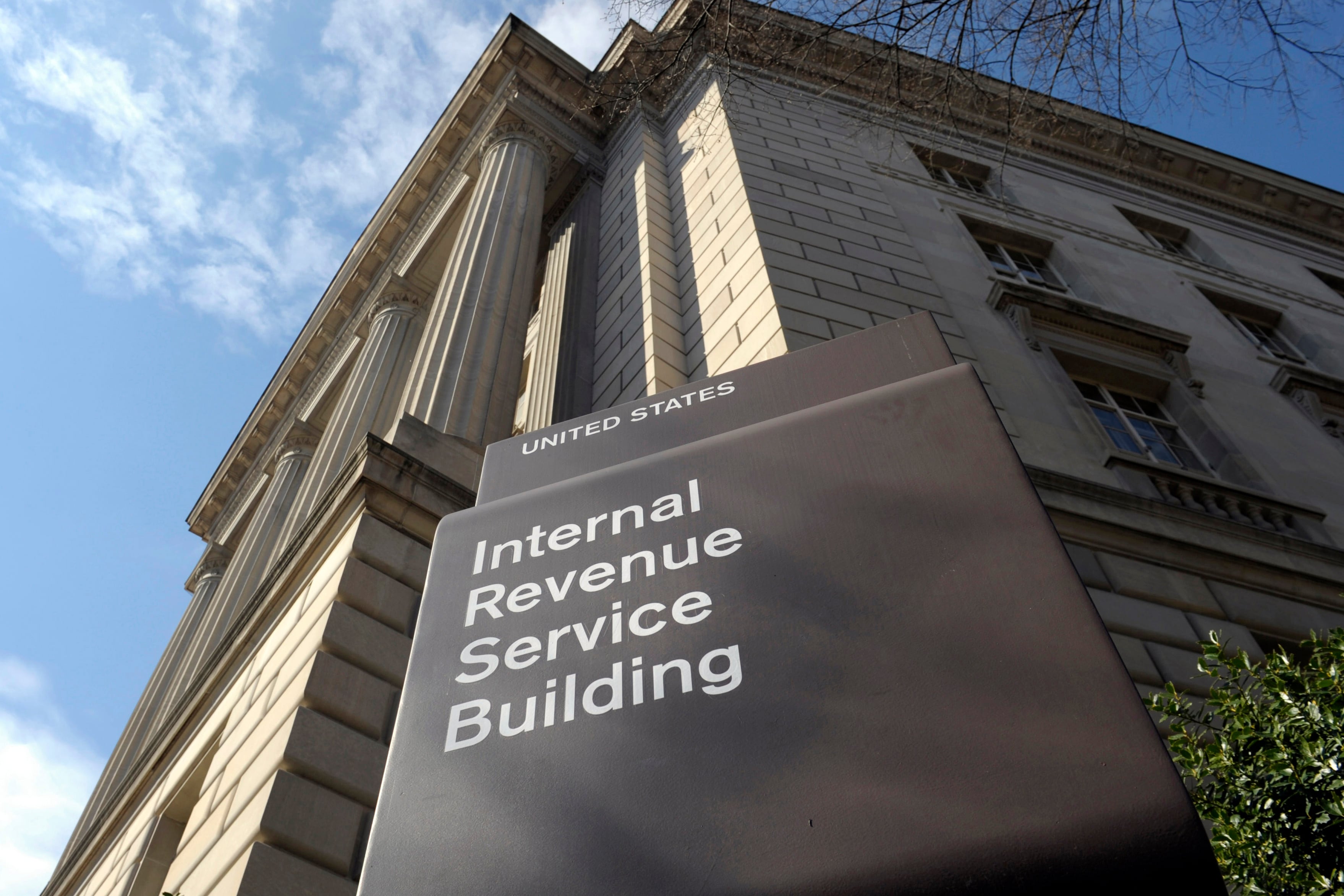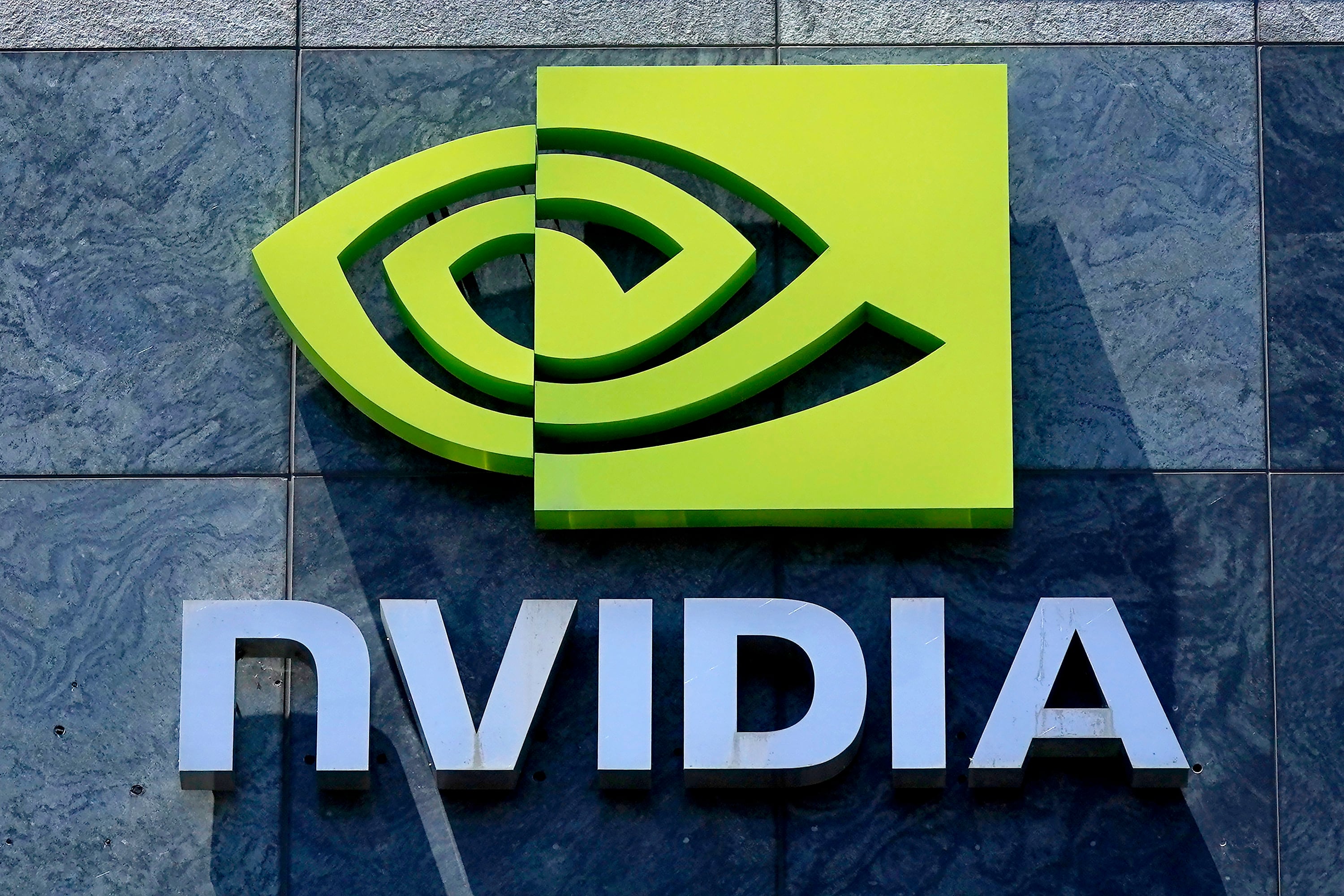Updated 4:17 p.m. ET, August 14, 2019
Stocks plunged Wednesday after a major economic indicator signaled a recession could be on the horizon. The spread between the 2-year and 10-year Treasury yields flipped for the first time since 2007, with the 2-year moving higher than the benchmark 10-year.
A flattening of the yield curve has been a reliable predictor of a recession for the last half century. Recessions occur on average 22 months after an inversion, according to data from Credit Suisse.
By the closing bell, the Dow Jones average was down 800.49 points or 3.05 percent, and the tech-heavy Nasdaq had given up 242.42 points, a loss of 3.02 percent.
As the market continued its slide during the afternoon, President Donald Trump was quick to lay blame on the Federal Reserve, especially Chairman Jerome Powell, while seeming to minimize the role of the trade war with China and the inverted yield curve.
But an inversion of the yield curve is an effect, rather than a cause.
The bond market is responding to increasing worries over slowing global growth. Just before Wednesday's inversion, a pair of overseas data points came out, the first showing industrial output in China had slowed to its lowest level in nearly two decades. At the same time, Germany's economy contracted with GDP going slightly negative for the second quarter. The world's fourth-largest economy, and the largest economy in Europe, is heavily reliant on exporters that are affected by the trade dispute between the U.S. and China ー not to mention worries that a Brexit contagion is going to spread across the continent.
But the U.S. economy appears to be firing on all cylinders ー with wages up, unemployment at a 50-year low, and inflation holding steady. Ryan Payne, president of Payne Capital Management, told Cheddar early Wednesday that those fundamentals signal to him that the fears of a coming recession may well be overblown.
"Americans are actually saving again," he said. "This is one of the strongest consumers, not overly leveraged, that I've seen in a long time. And I think that the markets and sentiment keep discounting how strong the U.S. consumer is."
For investors with a long view, "volatility is our friend," Payne said. "Retail investors don't make good decisions," he added, pointing to the flight to safety in bonds despite interest rates remaining low. That signals to him that equities are undervalued: "I'd be buying," he said. "When you see retail investors selling... that's probably a good sign."
Wednesday's selloff, following days of huge swings in the market, "makes me sleep better at night," Payne said, because it shows that investors are taking into account worrisome indicators. When the market keeps soaring despite gloomy signals, "that's when I stop sleeping."












